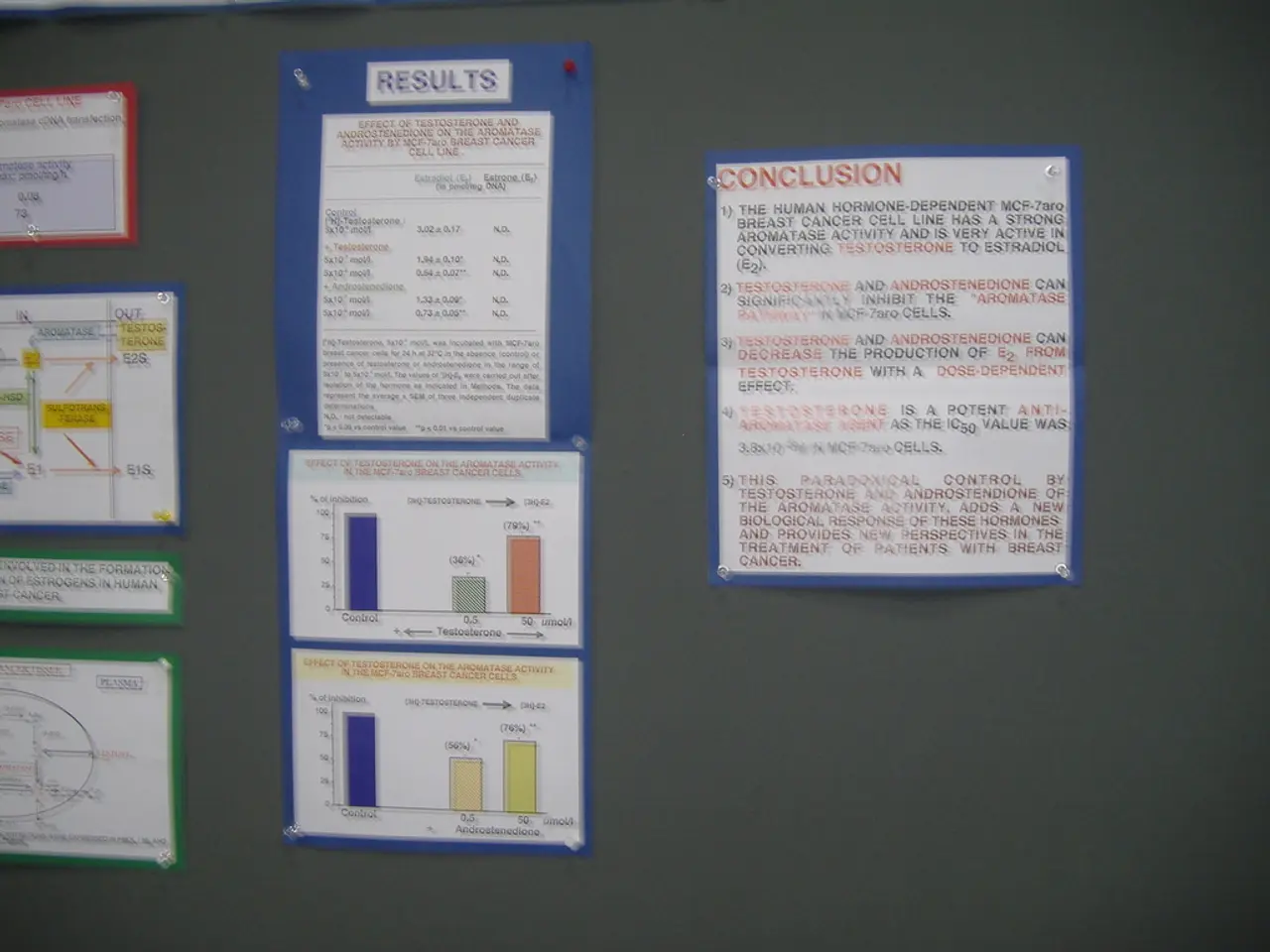Cashing Out a Life Insurance Policy Possible?
Permanent life insurance policies offer a unique feature: the ability to build up cash value over time. However, accessing this cash value comes with its own set of implications.
There are four common ways to tap into the cash value of a permanent life insurance policy: withdrawals, policy loans, surrendering the policy, and converting it to paid-up insurance. Each method has its own specific implications.
Withdrawals allow you to make partial withdrawals generally income tax-free up to the amount of premiums paid. Any amount exceeding premiums may be taxable. Withdrawals that are not repaid can reduce the death benefit, potentially affecting your beneficiaries' financial security.
Policy loans are another option, and they do not trigger immediate taxes or surrender charges. Instead, they use the policy as collateral. Outstanding loan balances plus interest reduce the death benefit if unpaid, so it's important to consider repayment plans.
Surrendering the policy provides the cash surrender value minus surrender charges and any outstanding loans plus interest. This ends coverage and can trigger taxes on gains above premiums paid. Surrendering early may incur significant fees.
Converting the policy to paid-up insurance keeps the coverage but ends the need for premium payments, and the cash value is used to purchase a reduced death benefit.
It's essential to be aware that surrender charges and a "surrender period" usually apply if you cancel the policy in the early years, reducing the amount received. Borrowing or withdrawing cash reduces the death benefit payable to beneficiaries, potentially affecting their financial security if they rely on the policy.
Cash value typically takes years to build sufficiently to access. Some policies include living benefit riders allowing access to cash value for terminal illness expenses, but the amount taken reduces the death benefit.
Interest rates on borrowing against a life insurance policy are lower than personal loans or credit cards, on average. However, it might take years to build up enough cash value to borrow against a life insurance policy.
Term life insurance does not have a cash value component. Permanent life insurance policies, such as whole life insurance, universal life insurance, variable universal life insurance, and indexed universal life insurance, do have a cash value component.
It's crucial to consult with a financial or tax advisor before making decisions regarding accessing the cash value in your permanent life insurance policy. Careful planning can help ensure you understand the implications and make the best decision for your financial situation.
- Withdrawals from a permanent life insurance policy enable you to access cash value, but it's vital to note that amounts exceeding premiums may be taxable.
- Policy loans can be an option, using the policy as collateral without immediate taxes or surrender charges; however, outstanding loan balances plus interest reduce the death benefit if unpaid.
- Surrendering the policy provides the cash surrender value, but this ends the coverage, triggers taxes on gains above premiums paid, and may incur significant fees if done early.
- Converting the policy to paid-up insurance keeps coverage while ending the need for premium payments, using the cash value to purchase a reduced death benefit.
- Awareness is key when considering the cash value in a permanent life insurance policy, as surrender charges and a "surrender period" often apply if the policy is cancelled early, reducing the amount received. Additionally, borrowing or withdrawing cash can affect the financial security of your beneficiaries, and it might take years to build up enough cash value to borrow against the policy.
Furthermore, term life insurance does not have a cash value component, whereas permanent life insurance policies like whole life insurance, universal life insurance, variable universal life insurance, and indexed universal life insurance, do have a cash value component. Consulting with a financial or tax advisor is advisable before making decisions regarding cash value access in your permanent life insurance policy, as careful planning can help ensure a comprehensive understanding of the implications and the best decision for your financial situation.




